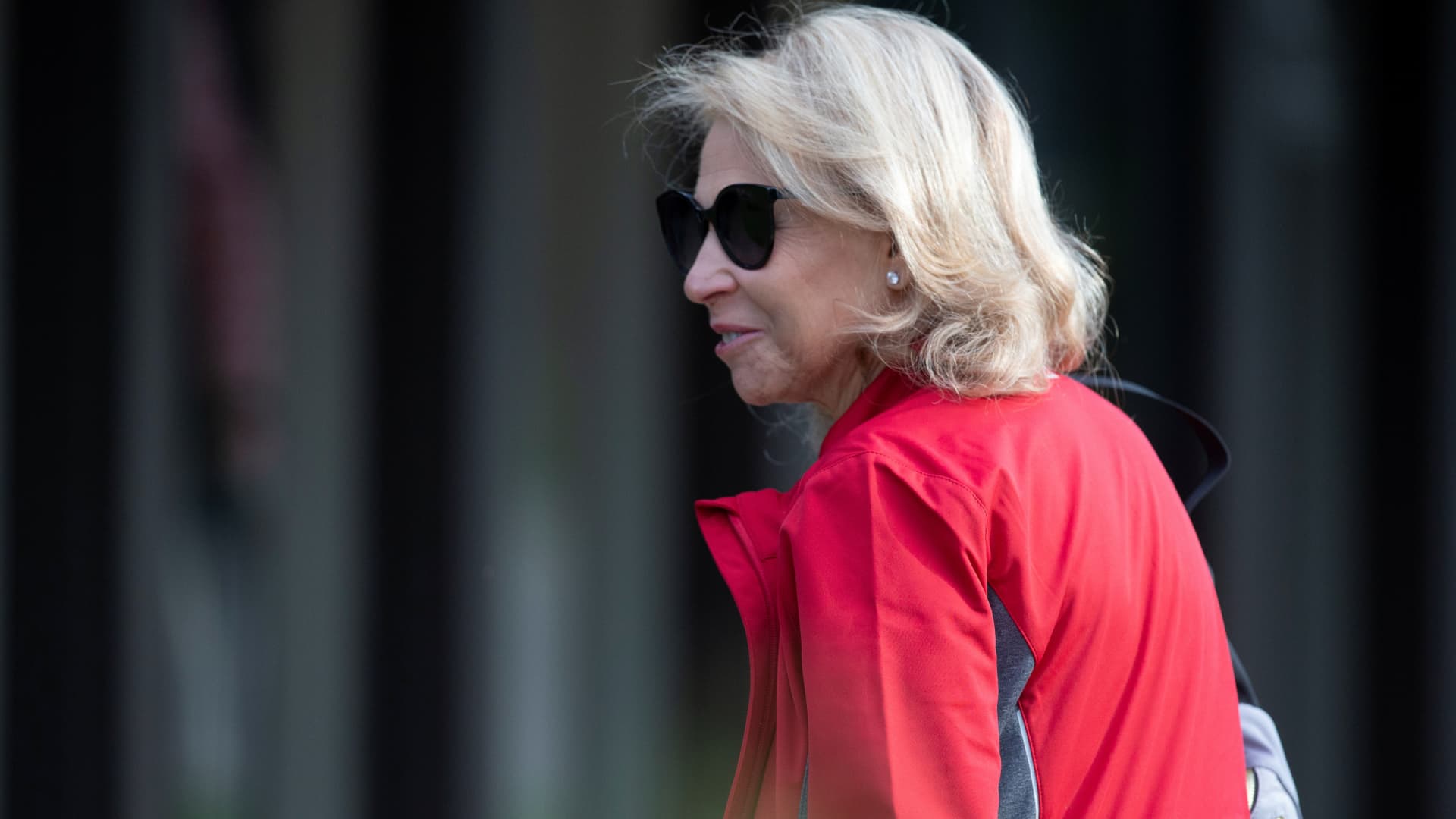Paramount Global and Skydance Media are making progress on a deal that would merge the media companies and buy out controlling shareholder Shari Redstone.
Paramount Global’s special committee and David Ellison’s Skydance Media, backed by private equity firms KKR and RedBird Capital Partners, are narrowing in on how to value Skydance’s assets as part of a merger as well as how much equity to add to the company as part of a recapitalization, according to people familiar with the matter.
The sides are close to agreeing on a value for Skydance, which will be valued around $5 billion and merged with Paramount Global, said the people, who asked not to be named because the discussions are private. Ellison and the private equity firms plan to raise roughly $4.5 billion to $5 billion in new equity. Some of that (about $2 billion) will be used to pay Redstone, and another substantial portion will be used to pay down debt.
The buyers would ideally like to get a deal done in May, said the people. Paramount Global was slow to open a data room to the Skydance consortium, said three of the people, which has slightly pushed back the timeline on a deal. The exclusivity window on merger talks ends May 3, but the Skydance consortium wants to extend it by two weeks, said the people.
Skydance’s plan is to name Ellison as CEO of Paramount Global and former NBCUniversal CEO Jeff Shell as the president, said two of the people. Current Paramount CEO Bob Bakish would depart the company, the people said.
Separately, Apollo and Sony have held preliminary discussions about teaming up for a deal that would buy out all Paramount Global shareholders at a premium, according to people familiar with the matter. The special committee hasn’t received concrete details on that offer and isn’t viewing it as a competitive bid to Skydance’s interest, two of the people said.
Still, the committee had more details on an initial offer made by Apollo, which it chose to ignore in favor of exclusive talks with Skydance. The special committee favored Skydance’s offer over Apollo’s in part because it offered shareholders future upside by keeping the company public with a cleaner balance sheet, one of the people said.
Spokespeople for Apollo, the Paramount Global special committee, Paramount Global, and Skydance’s consortium declined to comment.
Last big hurdle
One significant hurdle that remains is Paramount Global’s renewal agreement with Charter Communications for CBS and its cable networks. That deal is relevant to the value of Paramount Global, which could take a hit if Charter drops the networks or agrees to a lower carriage rate, the people said.
The deadline for that agreement is April 30. Paramount Global reports first-quarter earnings one day earlier, on April 29.
Paramount Global is still dependent on its traditional TV business, which accounts for about two-thirds of the company’s total revenue.
There are signs Charter could prove to be a tough negotiator with Paramount Global: Last year the cable provider, the second-largest in the U.S., briefly stopped carrying Disney’s networks when renewal negotiations between those two companies faltered. (The parties reached a deal 10 days later.)
Paramount’s cable networks are far less popular than Disney’s ESPN, which may put Bakish in a position of weakness.
The timing of the renewal and the deal talks set up an awkward dynamic, where Bakish, who would ultimately leave the company under a Skydance merger, will control Paramount Global’s fate with Charter.
Thus far, Bakish has always reached renewal deals with the major pay-TV distributors since taking over as CEO, dating back to his time running Viacom, beginning in 2016.
Bakish has privately argued against the Skydance deal because it dilutes common shareholders, according to people familiar with the matter. Several Paramount Global investors have also publicly written letters to the company’s board urging directors not to move forward with a Skydance deal, arguing it gives Redstone a massive premium for her controlling shares while leaving common shareholders out in the cold.
Under the terms of the deal, nearly 50% of the company will be owned by Skydance and its private equity partners, CNBC reported earlier this month. The rest of the company would be owned by common shareholders, and the company will continue to trade publicly.
“At Paramount, we’re always looking for ways to create shareholder value. And to be clear, that’s for all shareholders,” Bakish said during his company’s most recent earnings call in February.
Disclosure: NBCUniversal is the parent company of CNBC.
